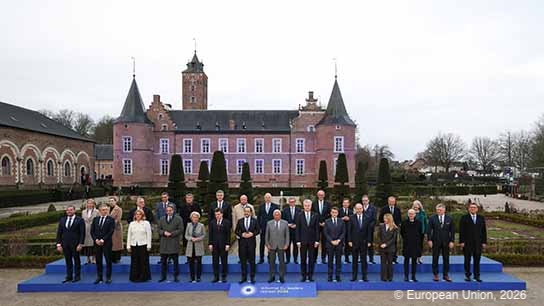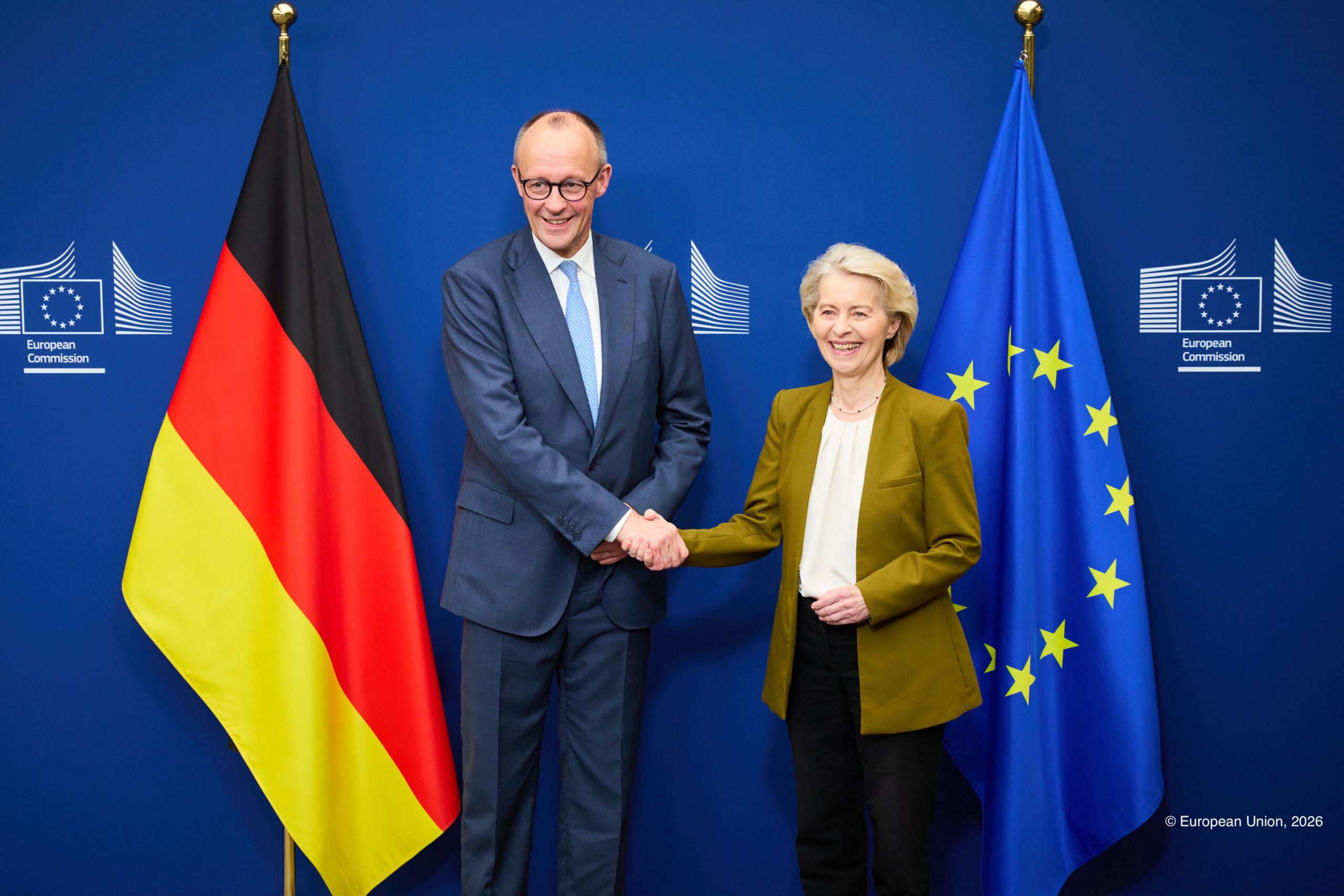On Friday, 6 December, European Commission President Ursula von der Leyen and her counterparts from four Mercosur countries (Brazil, Argentina, Paraguay and Uruguay) finalised negotiations for a groundbreaking EU-Mercosur partnership agreement. The deal will drop tariffs on more than 90% of goods and create a market of 700 million people.
The deal is expected to secure and diversify the EU’s supply chains, create new opportunities by removing prohibitive tariffs on EU exports to Mercosur, aid EU businesses in saving €4 billion worth of duties each year, help SME’s export, and secure an efficient, reliable and sustainable flow of raw materials critical for the global green transition.
The deal will also contribute to boosting strategic trade and political ties, supporting economic growth and boosting competitiveness by opening up trade and investment opportunities. The deal includes commitments to stop deforestation and to uphold the EU’s standards on animal health and food safety, preventing unsafe products from entering the EU market.
Several countries, including France, continue to be opposed to the deal, arguing that it does not require imports to follow strong enough sanitary standards and environmental rules and subject the agriculture industry to unfair competition. Nevertheless, in non-agricultural industry circles, the conclusion was broadly welcomed, particularly given the expected increasing trade obstacles with China and the United States over the coming years.
The ratification process is expected to face significant challenges, particularly from the European side. After the agreement is translated into all EU member state languages, it will go to the Council for ratification. A minimum of four states representing at least 35% of the European Union’s population could block the agreement. France, Austria, and Poland have already stated that they oppose the agreement. They just need one more large country to follow their lead. If the agreement is not blocked, it then must be ratified by the European Parliament. If the European ratification process runs smoothly, the tariff reductions will take several months to a year to enter into force.
The EU-Mercosur agreement represents a significant milestone in global trade, offering supply chain diversification and improved market access for businesses on both sides. The ratification process is expected to be challenging with several European countries raising objections. The signing of this partnership does however demonstrate the strong interest in trade liberalisation among countries.

